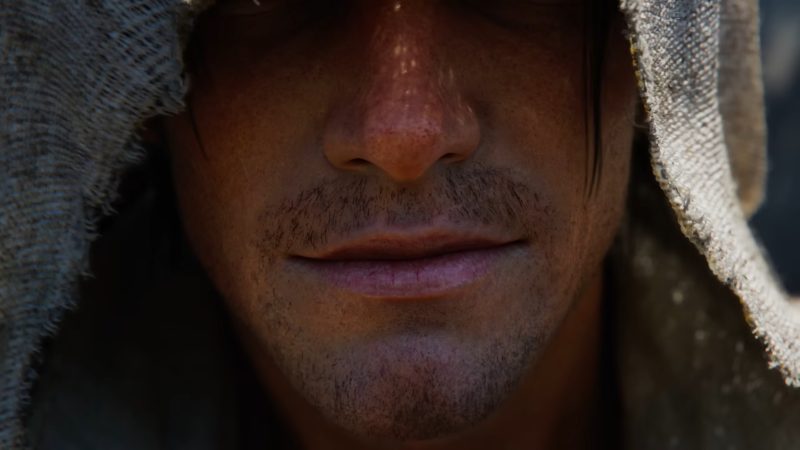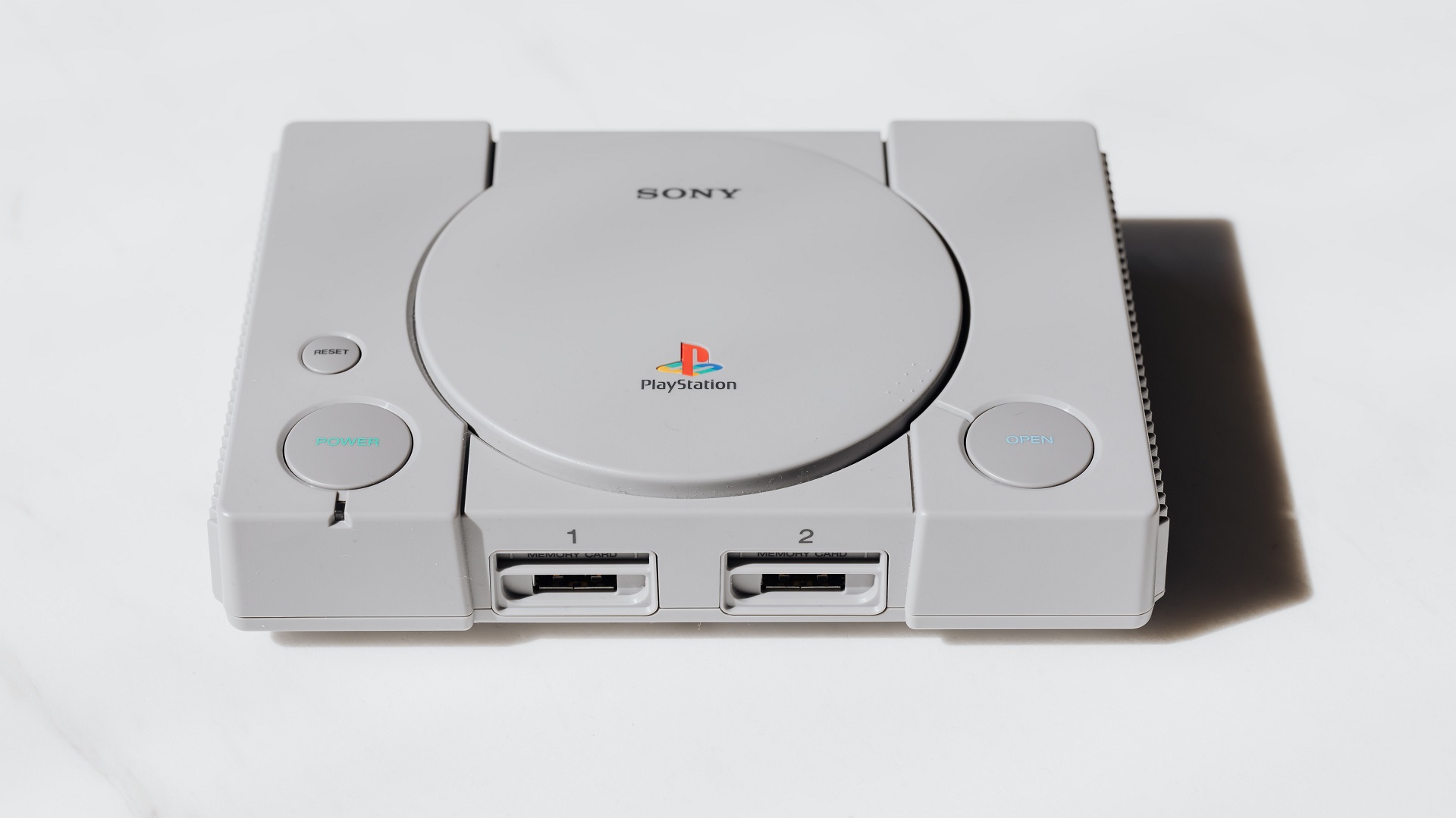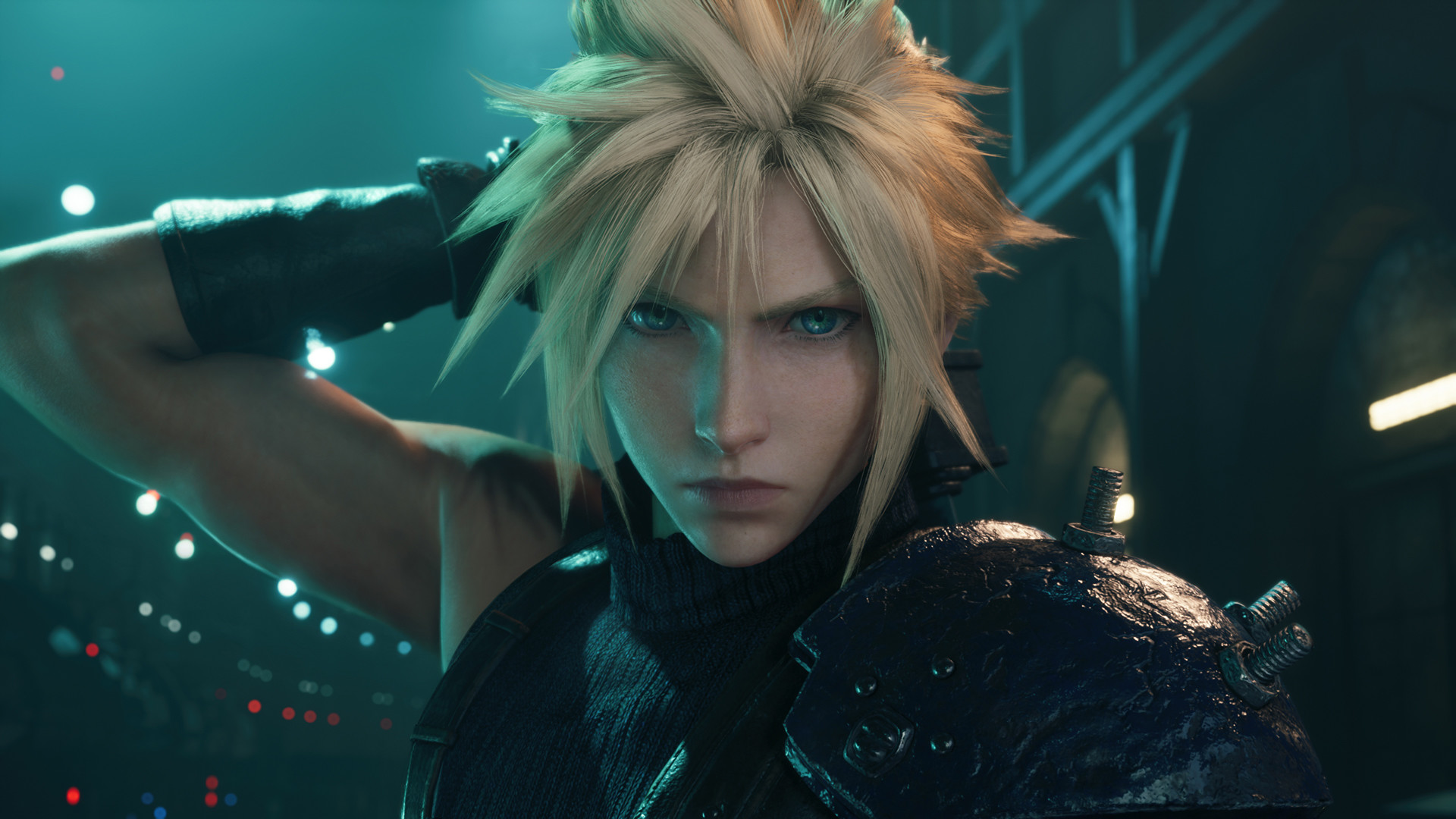In a significant move announced by Phil Spencer, head of Xbox, Microsoft has appointed Mena Sato Kato as its Director for Partnerships in Japan, signaling a robust ambition to deepen its ties with Japanese game developers and publishers.
Kato, whose career at Sony spanned from 1999 to 2021, will lead Microsoft's efforts to establish stronger relationships in the Japanese gaming landscape. It's a signal loud and clear that Microsoft is refusing to sit on the sidelines anymore when it comes to courting Japanese game creators.
Kato, who most recently held the position of Vice President of Business Development and Mobile Business over at Sony Interactive Entertainment, will now spearhead partnership efforts supporting Japanese publishers and developers at a global scale. The industry veteran took to LinkedIn to share the news, saying she is now looking forward to "unlocking new experiences in the game industry." She even alluded to her presence at this year's Tokyo Game Show, slated to be the biggest ever according to the Computer Entertainment Supplier's Association (CESA), which just adds another layer of anticipation to the event scheduled from September 21 to 24.
This isn't just a headline-grabbing hire; it's part of a larger strategy that's been building momentum. Microsoft's Xbox Series X/S launched day-and-date in Japan, marking a stark contrast to the company's historical approach in the region. Phil Spencer has been increasingly vocal about the brand's commitment to Japanese gamers and creators. Last year, he even met with Hideo Kojima of Kojima Productions and conducted extensive discussions on bringing unique titles to Xbox. The essence of these efforts? Establishing a trust factor that leads to a broader portfolio of Japanese games on the Xbox platform. And what could exemplify this trust more than Square Enix finally breaking a decade-long PlayStation exclusivity to release Final Fantasy 14 on Xbox consoles in 2024?



